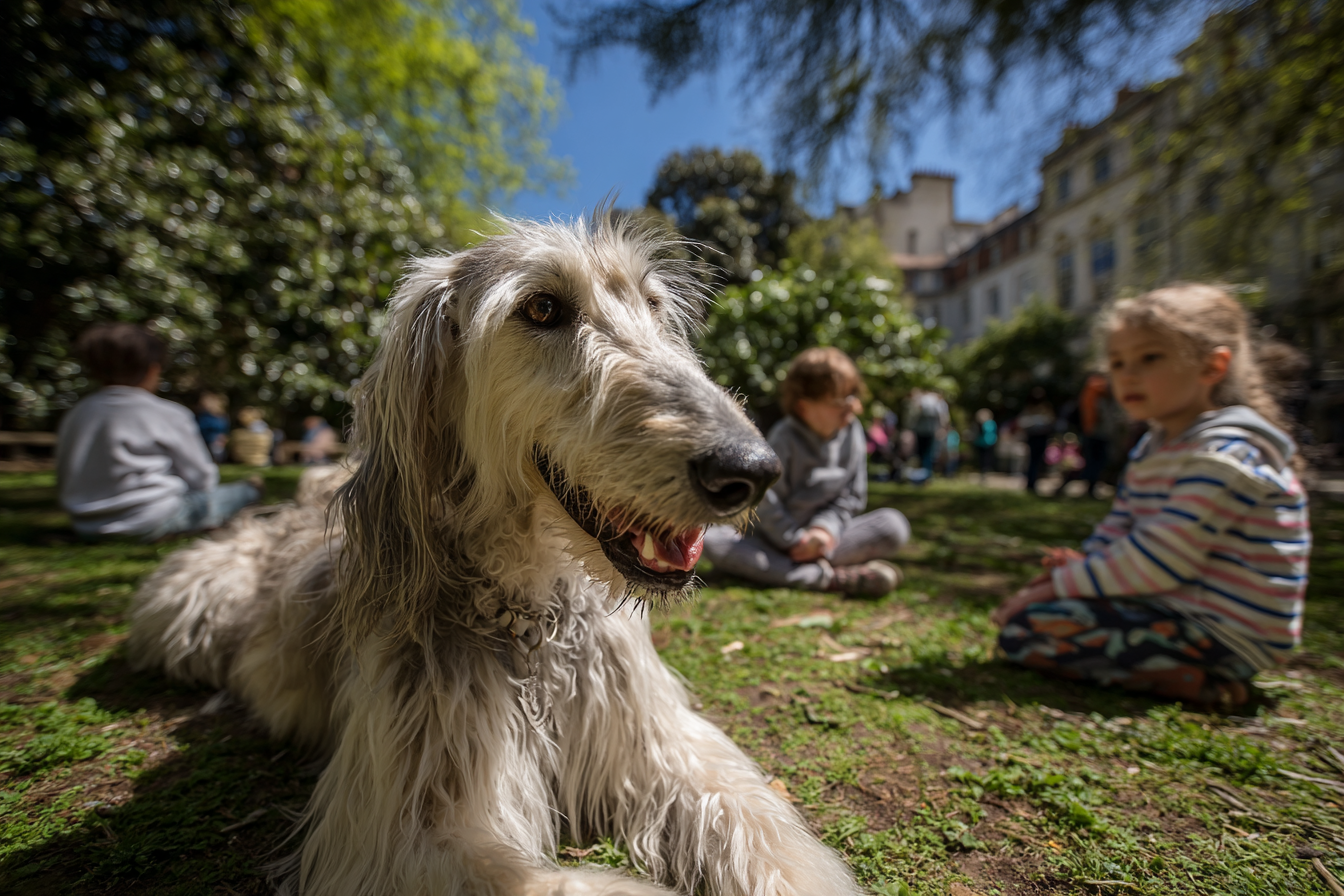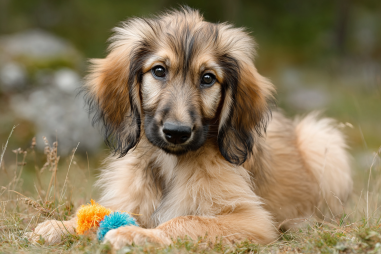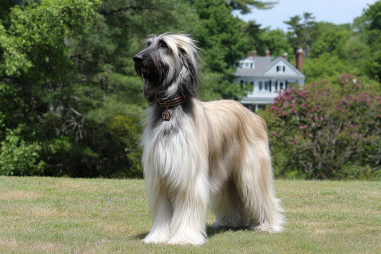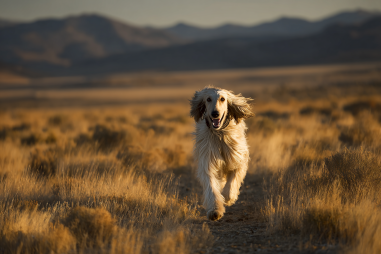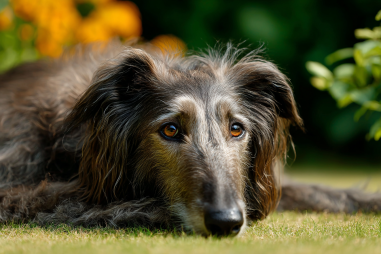Afghan Hounds are renowned for their elegance, grace, and independent spirit. However, their aristocratic appearance and aloof nature can sometimes make socialization a bit challenging. Proper socialization is essential to help these dogs become confident, well-mannered, and happy companions. By introducing Afghan Hounds to a variety of experiences, people, and other pets in a thoughtful and gradual way, you can foster a well-adjusted dog who’s comfortable in many different situations. In this article, we’ll explore effective socialization tips tailored specifically for Afghan Hounds to help you nurture an outgoing and friendly companion.
Importance of Early Socialization
Just like with any dog breed, early socialization is critical for Afghan Hounds. The socialization window occurs roughly between 3 and 14 weeks of age—a time when puppies are most receptive to new sights, sounds, smells, and interactions. During this period, exposing your Afghan Hound puppy to a wide range of stimuli in a positive manner can significantly influence their behavior later in life. Well-socialized Afghan Hounds tend to be less fearful, more adaptable, and easier to handle in unfamiliar environments.
Because Afghan Hounds have a naturally reserved and sometimes independent temperament, missing this vital early socialization window may lead to issues such as shyness, anxiety, or excessive aloofness. The goal is to create positive associations with the world around them, so they grow into confident adults capable of meeting new people and pets without stress.
Introducing Afghan Hounds to New People and Pets
Afghan Hounds can be selective about who they warm up to, so patience is key when introducing them to new people. Start by inviting calm, dog-savvy friends over and encourage gentle interactions. Allow your dog to approach at their own pace rather than forcing contact. Reward calm behavior with treats and praise to reinforce positive experiences.
When it comes to other pets, introductions should be done gradually and in neutral locations to prevent territorial behavior. Afghan Hounds have a strong prey drive, so careful supervision is necessary when meeting smaller animals or unfamiliar dogs. Introducing pets on leashes, while maintaining a relaxed environment, can help reduce tension and encourage friendly interactions.
Socialization Environments and Timing
The ideal socialization should take place across multiple settings. Within the home, expose your Afghan Hound puppy to everyday household noises and visitors. Then expand to outdoor environments such as parks, sidewalks, and pet-friendly stores. Different surroundings provide varied experiences and help build resilience and adaptability.
Timing also plays a crucial role. Short, frequent socialization sessions are more effective than long ones that may overwhelm your dog. Consider multiple 5-10 minute sessions throughout the day to keep your Afghan Hound engaged and prevent stress.
Handling Shy or Reactive Behaviors
Sometimes Afghan Hounds may display shyness or reactive behavior, especially if they feel overwhelmed or threatened. Signs like cowering, whining, growling, or barking may indicate discomfort. In these cases, it’s important not to punish your dog, as this can worsen anxiety.
Instead, respond calmly and give your dog space to retreat. Gradually desensitize them to triggers by exposing them at a distance where they feel safe and gradually decreasing the distance over time. Pair exposure with high-value treats and positive reinforcement to build confidence.
If your Afghan Hound’s behavior is severe or persists, consulting a professional dog trainer or behaviorist familiar with the breed can provide personalized strategies tailored to your dog’s needs.
Techniques for Positive Reinforcement
Positive reinforcement is the cornerstone of effective socialization. Rewarding your Afghan Hound with treats, praise, toys, or affection immediately after exhibiting calm and confident behavior encourages them to repeat those actions. For example, if your dog calmly approaches a new person or stays relaxed while meeting another pet, offer a generous reward.
Using clicker training can also be beneficial. This method pairs a distinct sound with the reward to mark desirable behavior precisely, allowing for clear communication and faster learning.
Keep training sessions upbeat, fun, and short to maintain your Afghan Hound’s interest. Consistency and patience are essential, and over time, positive reinforcement techniques foster a trusting bond between you and your dog.
Socialization Challenges Specific to Afghan Hounds
Every breed has unique quirks, and Afghan Hounds are no exception. Their independence and sensitivity can make socialization more delicate. Unlike highly social breeds, Afghan Hounds may prefer solitude or limited interaction, which can be mistaken for aloofness.
Another challenge is their prey drive, which can cause distraction or fixation on small animals during socialization outings. This can complicate interactions with cats or smaller dogs and requires careful management.
Finally, Afghan Hounds are known to be sensitive to harsh corrections or loud commands, which can reduce their willingness to engage socially. Therefore, gentle and encouraging methods are a must when working on social skills.
Tools and Resources to Aid Socializing
There are several tools and resources that can assist you in effectively socializing your Afghan Hound:
- Leashes and Harnesses: Using a secure harness and leash provides control during introductions and outings, reducing stress and enhancing safety.
- Clicker Trainers: Clickers help mark precise moments of good behavior and speed up learning.
- Desensitization Videos or CDs: For fearful pups, recorded sounds like traffic or crowds can gradually accustom them to noise in a controlled setting.
- Puppy Socialization Classes: Enrolling your puppy in a reputable class exposes them to other dogs and people under professional supervision.
- Professional Trainers and Behaviorists: Experts with experience in Afghan Hound temperament offer invaluable guidance on tailored socialization plans.
Additional resources such as books and online forums focused on Afghan Hound care and training can provide ongoing support and community advice.
Fostering Outgoing and Friendly Afghan Hounds
Building a sociable Afghan Hound begins with patience, consistency, and kindness. By starting early with gentle, positive exposure to new people, pets, and environments, you lay the foundation for a confident and adaptable dog. Understanding the breed’s particular sensitivities and needs allows you to approach socialization thoughtfully, minimizing stress for both you and your furry friend.
Remember that Afghan Hounds may never be the most exuberantly social dogs, but with proper socialization, they can become warm, loving, and trustworthy companions. Through gradual experiences, positive reinforcement, and plenty of encouragement, your Afghan Hound will be better equipped to face the world comfortably and happily by your side.

